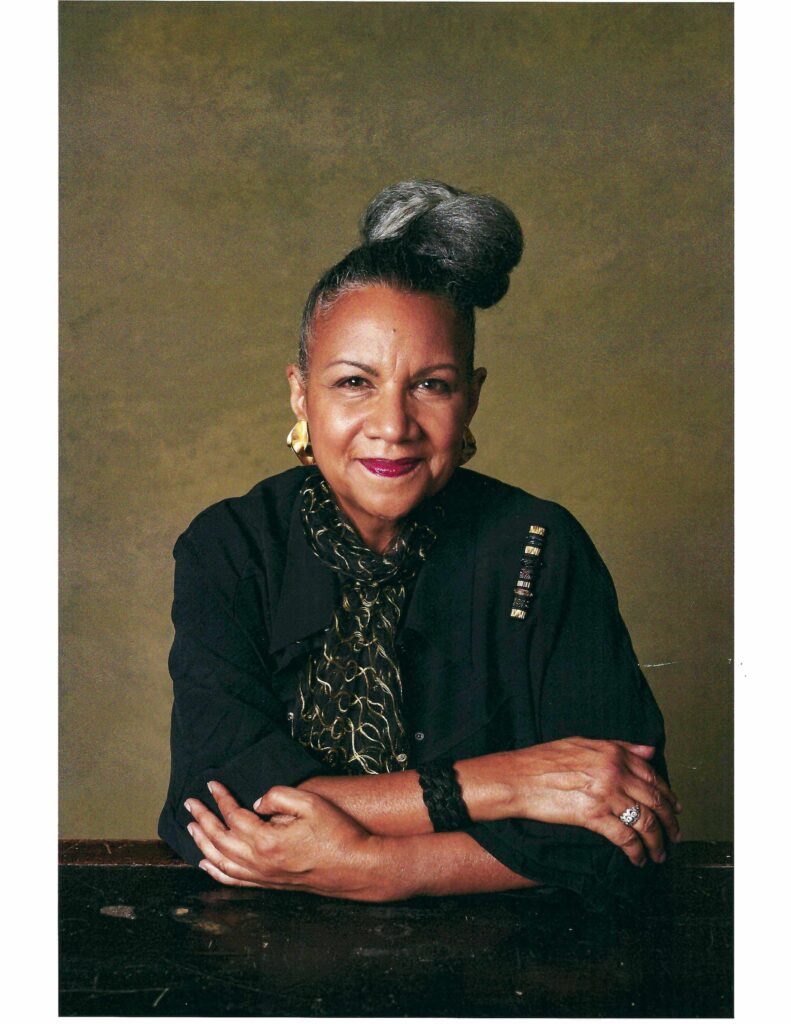A Conversation with transnational filmmaker
Christina Kallas
Christina is a transnational New York-based feature writer and director. She’s best known for her critically acclaimed ensemble dramas, The Rainbow Experiment and Forty-Two Seconds of Happiness. Both of her films were screened at the Women’s Film Festival over the past few years in New York City. She has been nominated for the political thriller, The Commissioner, which released worldwide by Showtime Network.
Her films have gained significant distribution, with The Rainbow Experiment recently becoming available on platforms like Amazon, Apple TV, Tubi TV, and Vimeo, making it accessible worldwide.
The Challenges of Independent Film Distribution
In discussing the current state of independent film distribution, the challenges filmmakers face in getting their films seen are significant. One of the most pressing issues is the difficulty in securing screenings and airtime for their work. As noted,
“It’s not a particularly healthy place for independent filmmakers.”
The landscape is constantly evolving, especially with the rise of streaming platforms and the competition they bring.
The conversation highlights the impact of the so-called “streaming wars,” where new platforms with substantial financial backing dominate the market. This creates a challenging environment for independent films, which often lack the marketing budgets that larger studios can afford.
Filmmakers must consider whether being on these platforms is beneficial. Questions arise about recouping costs and gaining enough visibility amidst the heavy marketing efforts of major players. Unfortunately, the reality is that many independent films struggle to compete, even when they are available on these platforms.
This ongoing flux in the industry underscores the need for independent filmmakers to adapt and find innovative ways to promote their work, despite the obstacles they face.
The Importance of Marketing For Independent Films
One significant trend is the shift towards advertising-supported platforms, such as ChibiDB, which appear to be more beneficial for independent filmmakers compared to subscription video on demand (SVOD) services. This change reflects a broader movement in the industry, particularly in light of the ongoing pandemic, which has disrupted traditional distribution methods and raised questions about the future of film festivals and online screenings.
As filmmakers navigate this uncertain terrain, many are opting for independent distribution. This choice often stems from the realization that securing a deal with a major distributor may not guarantee a substantial marketing budget or profit. In fact, the lack of investment from larger companies can make it seem almost futile to pursue traditional distribution channels.
“You really need to have a marketing budget to go along with it because you’re competing against all of the big name and smaller films.”
Ultimately, the ability to effectively market an independent film is becoming increasingly vital. Filmmakers must engage in extensive promotional efforts to cultivate a steady stream of viewers and ensure their work reaches the audience it deserves.
Paris in Harlem
Her laresr film, Paris is in Harlem, refers to a couple of things. It highlights the main location of the film, the Paris Blues jazz dive in Harlem. For many, including the filmmaker, this venue has been like a second home over the years.
Secondly, living in Harlem, the filmmaker jokingly but seriously mentions that they moved there because of the Paris Blues Bar. This place serves as a reminder of the vibrant scenes of New York, capturing a sense of nostalgia from another time. Unlike many other locations, it has not succumbed to gentrification, maintaining its unique charm.
Unfortunately, the bar’s owner, Samuel Hargreaves Jr., who was a close friend and inspiration for the film, was one of the early victims of COVID-19 in New York City. He passed away on April 10, just a day after his eighty-first birthday.
Tribute to Samuel Hargreaves
The passing of Samuel Hargreaves Jr. has left a profound impact on the jazz community and beyond. As one of the early victims of COVID-19 in New York City, his loss was felt deeply by many.
“He was one of the early victims of COVID-19 in New York City.”
Christina reflects on how devastating this event was, not just for her and those close to him, but for the entire jazz community. She shares that she continues to receive messages from people around the world, highlighting the far-reaching influence Samuel had on those who loved jazz.
“It’s amazing how far reaching sound was in terms of, you know, everybody who came to New York and was into jazz would come to the Paris blues.”
The closure of bars and venues during the pandemic has further compounded the challenges faced by the jazz community. Christina emphasizes that the show she was editing at the time of the shutdown serves as a tribute to Samuel and his legacy, as well as to the vibrant jazz scene in New York City.
“This show that was shot there in November… is to me, you know, like, a tribute to Sam and his legacy and to New York City’s jazz community.”
As she continues to work on the film, Christina finds that it resonates even more deeply now, reflecting the current state of the world and the challenges faced by artists and communities alike.
“When I’m looking at the film now… there are so many things in there that speak to now.”










